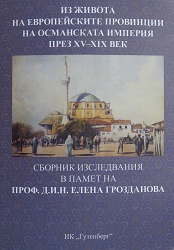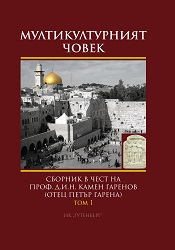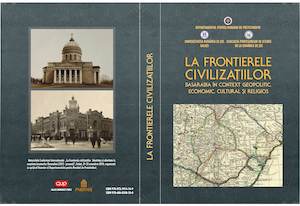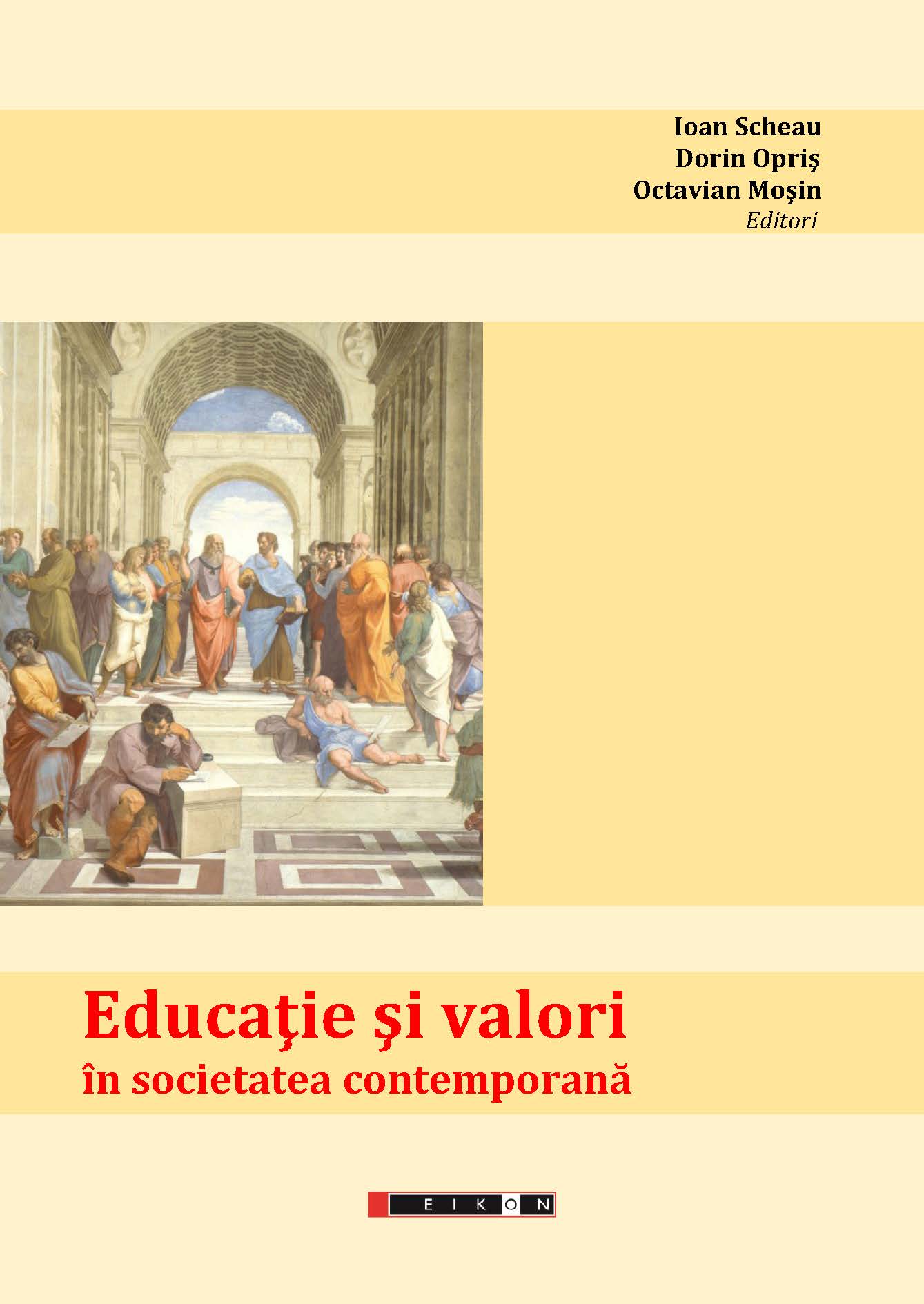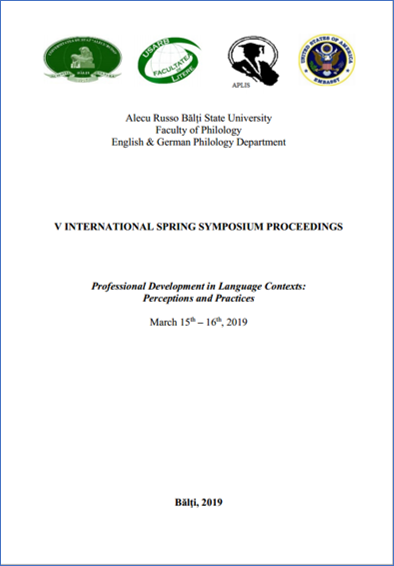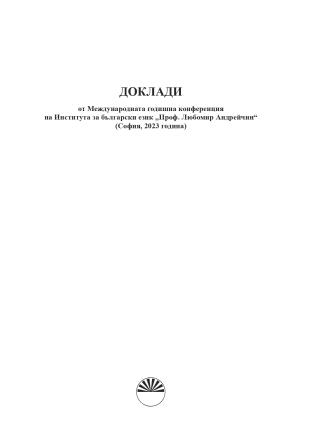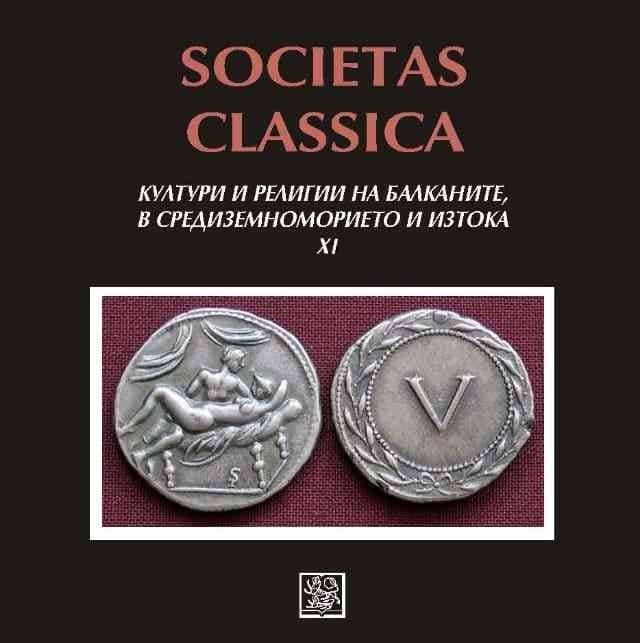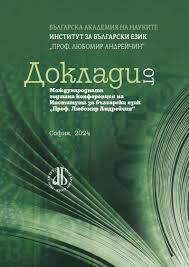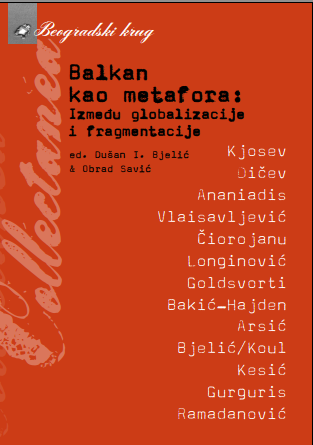
Bugarski kulturni identitet – Ešerove stepenice?
Za vreme moje prve posete Zapadu 1990. godine, predstavljali su me kao »naučnicu iz Istočne Evrope«. To se dogodilo nekoliko meseci posle pada Berlinskog zida. Tri godine kasnije, u Sjedinjenim Američkim Državama, predstavljena sam kao »profesorka sa Balkana«. Bilo je to u doba kada su se na naslovnim stranama svih listova i časopisa mogle videti slike užasa iz Bosne.
More...
